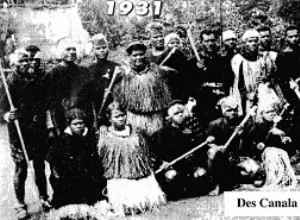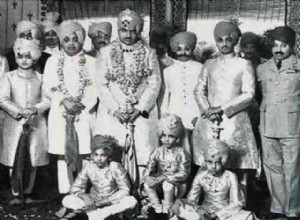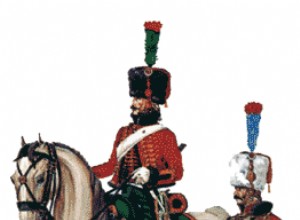The B-47 Stratojet was the first valuable jet bomber to to enter USAF service and the absolute first in its class to feature swept-back wings. The approximately 1,800 examples from the many versions produced between 1946 and 1957 remained in service with the Strategic Air Command throughout the 1950




